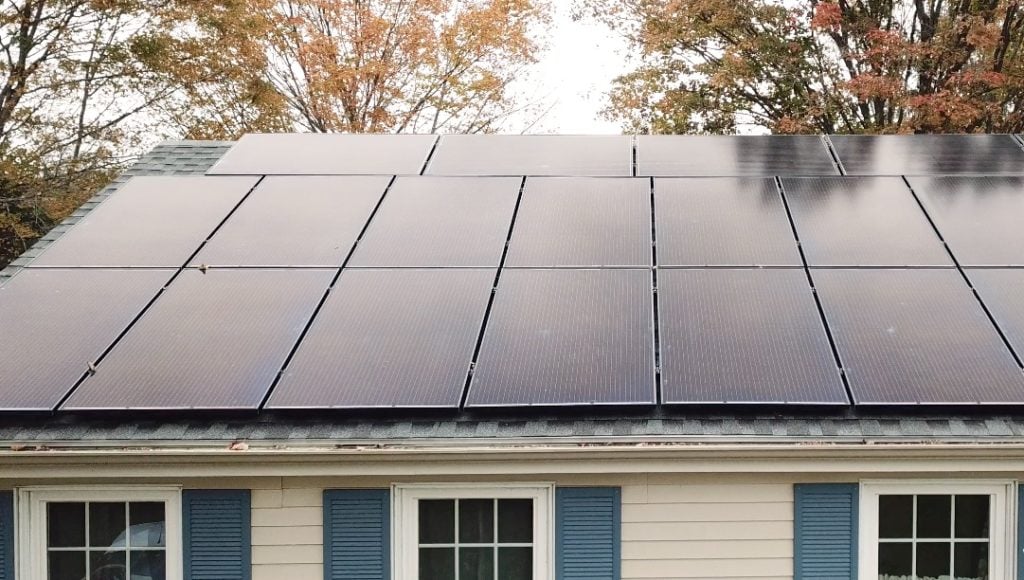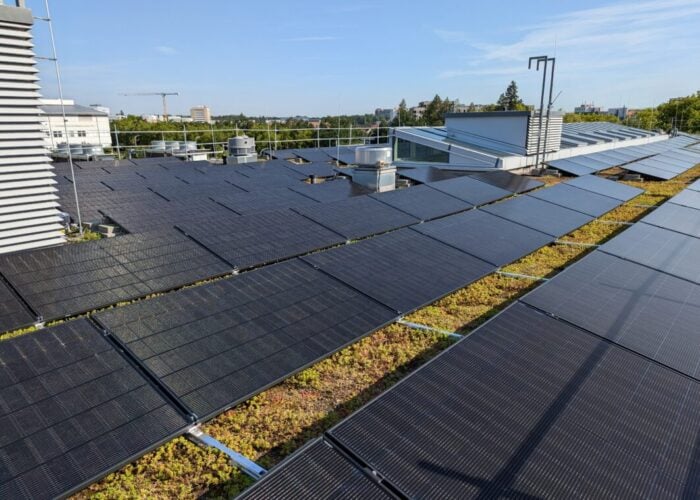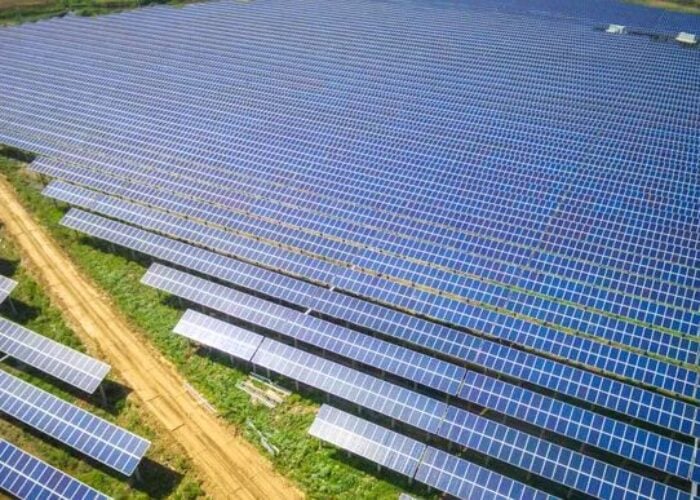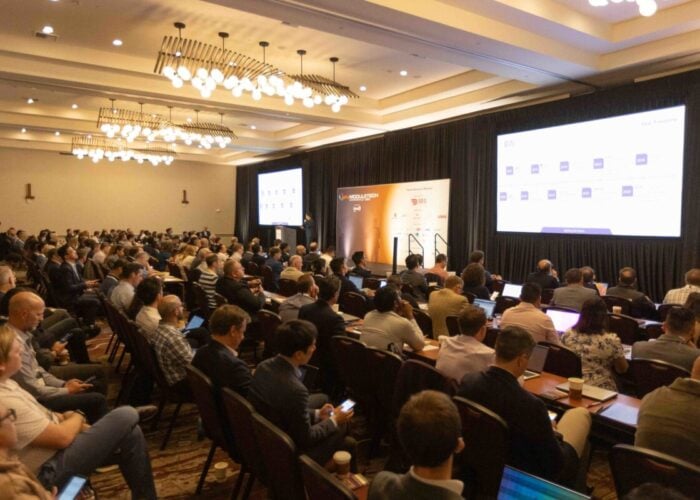
Subsidies could still be an important driving force of solar adoption among low- and moderate-income (LMI) households in the US given the relatively high up-front cost of installing PV systems, according to Lawrence Berkeley National Laboratory (Berkeley Lab).
Focusing on the California Single-Family Affordable Solar Homes programme and the Connecticut Solar For All policy, a new Berkeley Lab study estimates that around 80% of LMI subsidy recipients in the two states would not have added solar without the financial aid.
Unlock unlimited access for 12 whole months of distinctive global analysis
Photovoltaics International is now included.
- Regular insight and analysis of the industry’s biggest developments
- In-depth interviews with the industry’s leading figures
- Unlimited digital access to the PV Tech Power journal catalogue
- Unlimited digital access to the Photovoltaics International journal catalogue
- Access to more than 1,000 technical papers
- Discounts on Solar Media’s portfolio of events, in-person and virtual
The results show the California and Connecticut subsidy programmes had sustained impacts on LMI adoption over several years, with clear spikes in solar adoption in areas that began receiving LMI subsidies for the first time.
After the initial spike, installs among LMI households tend to fall off but then increase again several months or quarters later. According to Berkeley Lab, this trend could be because previous LMI subsidy recipients recommend the scheme to their neighbours or that some prospective adopters wait for others to navigate the subsidy process before deciding to pursue it themselves.
In addition, the research says there is a strong theoretical rationale that LMI subsidies support ‘spillover’ installations: solar additions in low-income areas among households that do not receive subsidies.
To the extent that policymakers prioritise PV adoption equity as part of the emerging energy justice policy agenda, the results suggest that ongoing incentive support for LMI adoption “may be merited”, Berkeley Lab said in a pre-print version of an article, titled Rooftop solar incentives remain effective for low- and moderate-income adoption.
Its publication follows additional Berkeley Lab research that revealed declining PV prices and expanded financing options have contributed to an increase in rooftop solar deployment among lower-income households in the US in recent years.
Average solar adopter incomes in the US were said to fall 17% between 2010 and 2020 to US$115,000, thanks in part to programmes supporting LMI households and general market maturation.
According to the latest study, a few dozen state and local programmes continue to offer means-tested incentives to income-qualifying households, though these programmes are small relative to the broader suite of programmes that have supported rooftop PV adoption.
Policy developments in recent months include Mississippi authorities expanding the state’s net metering programme to prioritise the adoption of distributed PV among LMI households. Under new rules, investor-owned utilities in the state will offer a one-time US$3,000 upfront cash rebate to eligible residential customers who purchase a renewable distributed energy facility sized at 3kW – 6kW.







